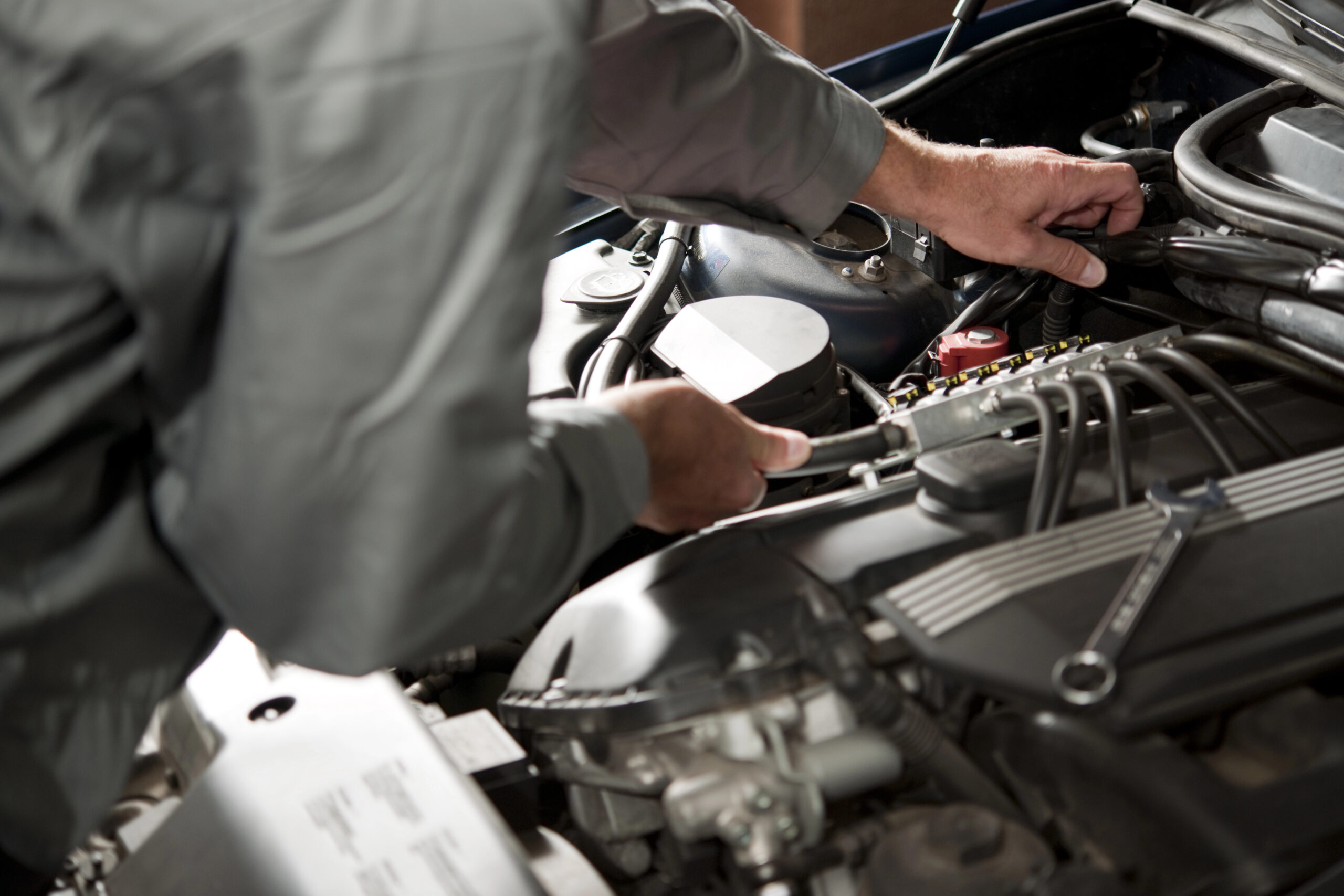If you’ve had your car for several years, it will likely need maintenance such as an oil change or new tires. These expenses can cost hundreds of dollars, so you might wonder if your auto insurance coverage will cover any of the burden.
Does car insurance cover repairs?
A standard full-coverage car insurance policy, which typically includes liability, collision and comprehensive insurance, covers repairs associated with an accident, natural disaster, theft or vandalism. If your car breaks down on its own, the repairs usually won’t be covered by your insurance provider.
Repairs covered by your car insurance policy
While there are a number of policies available, there are four main insurance coverages that will protect your vehicle:
- Liability. Liability coverage pays for damage and medical expenses for others after an accident you cause, but it will never provide coverage to pay for your vehicle repairs. That’s why a full-coverage policy is always best when it comes to ensuring your repairs could be handled as part of a covered claim.
- Collision. Collision insurance pays out to repair damage to your vehicle from a car accident. It also covers costs to fix your car if you hit an object like a mailbox or a tree.
- Comprehensive. Comprehensive insurance covers repairs from most other scenarios that aren’t a car accident. This includes damage from vandalism, fire, hitting an animal, theft, flood and other weather-related incidents.
Uninsured and underinsured motorist property damage (UMPD/UIMPD). UMPD and UIMPD pay out if you’re hit by a driver who doesn’t have car insurance or enough insurance to pay for your vehicle repairs. However, this type of coverage is not available in all states.
What’s Covered by Insurance?
| WHAT’S COVERED? | COMPREHENSIVE COVERAGE | COLLISION COVERAGE | UNINSURED MOTORIST PROPERTY DAMAGE |
| Personal Crash Damages | |||
| Theft/Vandalism | |||
| Animal Crashes | |||
| Severe Weather | |||
| Windshield Repairs | |||
| Wear and Tear | |||
| Tire Replacement | |||
| Oil Changes | |||
| Hit-and-Run | |||
| Engine Failure (if result of a crash) |
Uninsured motorist property damage (UMPD) is not available in about half the U.S. states.
In addition to the basic liability and physical damage coverages provided by a full-coverage policy, you’ll also have the option to add perks like roadside assistance, full glass coverage, and custom parts and equipment coverage to pay for unexpected expenses.
Mechanical breakdown insurance (MBI) vs. extended warranty
While most car insurance policies won’t insure against repairs caused by regular wear and tear, some companies offer a product called mechanical breakdown insurance, or MBI.
Mechanical breakdown insurance is an add-on that plays a similar role to an extended warranty or vehicle service contract. It covers mechanical failures not covered by your original manufacturer’s warranty or insurance. MBI coverage is typically a cheaper alternative to an extended warranty, but it comes with more limits. For example, MBI coverage is typically available only for new cars, and maintenance isn’t included.
The main difference between MBI coverage and an extended warranty is cost. Extended warranties can cost 10 times as much as MBI for initial costs alone, and the added investment doesn’t typically pay off.
Other coverages to add to your policy
There is no single policy that will cover all types of repairs on your vehicle, but there are several coverage options and alternative solutions that can help you curb overall repair costs, such as:
- Gap insurance: This coverage add-on will pay for the difference between your vehicle’s actual cash value and the amount remaining on your loan at the time of the accident after you pay the deductible. It’s worth considering if you’re leasing or financing a vehicle.
- Rideshare insurance: Rideshare apps do not supply full-coverage car insurance for every moment you’re clocked in. If you’re a rideshare driver, this type of insurance is critical, as it will cover the personal use of your vehicle and gap times between customers.
- Rental reimbursement: Rental reimbursement will pay for alternative transportation such as rental car after a covered loss, saving you the extra cost while your vehicle is in the shop.
Avoid unexpected car repair bills with routine maintenance
Although insurance options such as comprehensive, collision coverage and MBI can help avoid steep out-of-pocket bills from your repair shop, the best way to lower the risk of surprise breakdowns is by practicing routine maintenance. With the cost of vehicle repairs rising sharply in 2024, staying on top of maintenance is more important than ever for car owners, and Jerry can help.
FAQ
-
What does MBI cover?
-
Will insurance help for non-accident repairs?
-
Are windshield replacements covered by car insurance?

Kayda Norman is an insurance writer and editor with more than 12 years of content experience. She previously worked at NerdWallet as an insurance writer and content management specialist. She has covered a wide range of insurance topics such as high-risk drivers, auto insurance rate factors, and credit-based insurance scores. Her work has been featured in The New York Times, The Washington Post, and USA Today.

Phil Metzger is a personal finance editor and writer with more than 30 years of experience editing and writing content across a variety of industries. In writing and editing for Jerry, Phil’s mission is to help car owners better understand their vehicles and the costs associated with car ownership. Before joining Jerry, Phil worked as a writer and editor for newspapers, magazines, television radio and online news. His work has appeared in many major publications and websites over the years, including a series he edited that was a finalist for a Pulitzer Prize.








